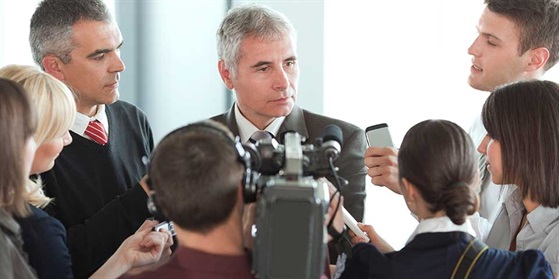🚩
Asylum System > Arrival in Germany

What should I do after my arrival in Germany?
What do I have to expect in the first time?
Once you have crossed the border of Germany, you are obliged to immediately contact a federal police officer, the police or the immigration authorities. At land borders, see the federal police, which carries out these checks. The federal police is shown by the dark blue clothing and the appropriate badge and the big inscription "POLICE" on clothing and vehicles. Please be respectful to the police and follow their instructions under all circumstances. Please comment clearly and unambiguously, that you want to apply for asylum.In this initial reception by the Federal Police, you must provide the following information:
- Your name
- Your date of birth
- Your home country
- The reason of you flight
The police will also take your fingerprints and photos, please cooperate with them. You will be asked for your passport in this regard. If you do not have your documents, or even destroyed them, you will always have difficulty in movement.
After recording your data, you are usually allowed to enter the country. You will get a first supply of food and if necessary emergency medical care. Then you will be guided by the staff of the police to a reception center or transported there by bus or train. This initial reception is often mass accommodation, where a first basic service is ensured. They will supply you with food several times a day as well as a sleeping accommodation, clothing and emergency medical care. Possibly you might have to spend some time in camps or halls with many other people. Make a fact that there will not be much room for privacy in this initial reception and that the conditions are not very comfortable there. The reason is that more than 1 million refugees came to Germany in 2015, which first have to be checked and supplied before further distribution to more permanent homes and group homes are possible.
In the reception center or in the nearby hospital you will be examined thoroughly from a doctor or health care professional. This procedure is primarily needed because it determines your state of health and to be able to treat you if necessary. It has also to be cleared if you have a contagious disease. The examination serves to exclude a risk of infection to others and to be able to treat you if necessary.
Even during your time in the reception center you can set an appointment for a hearing, in which you must explain the reasons for your application for asylum. If you have problems with the language and translation, ask for assistance of an interpreter.
The hearing, which takes place shortly after your arrival, will be the main bases for the decision about your asylum apply:Two issues play a central role:1. Is the story of a refugee credible?2. What threatened the victim with a return to his country of origin?
A key element in the asylum decision is more the individual fate and history than the country of origin or belonging to a particular group. It is therefore important that you describe your story in as much detail as possible so that the officials themselves can have a clear picture. If possible, you should also submit documents that can prove your statements. During the conversation, a translator will be present to help you with the language.
Phrases
My name is ...
Mein Name ist ...
I am from
Ich komme aus ...
I was born in ...
Ich wurde geboren in ...
I was born on ...
Ich bin geboren am ...
I am hungry.
Ich habe Hunger.
I am thirsty.
Ich habe Durst.
Where is the toilet?
Wo ist die Toilette?
I am already registered in the EU.
Ich bin bereits in der EU registriert.
I entered first in (name of the European country).
Ich war als Erstes in (Name des europäischen Landes).
Who should I contact to apply for asylum?
An wen muss ich mich wenden, um Asyl zu beantragen?
I would like to apply for asylum.
Ich möchte einen Asylantrag stellen.
I don't have documents.
Ich besitze keine Dokumente.
I own
Ich besitze ...
... a passport
... einen Pass.
... a birth certificate
... eine Geburtsurkunde.
...a marriage certificate
...eine Heiratsurkunde.
I speak/ don't speak German.
Ich spreche Deutsch./ Ich spreche kein Deutsch.
I need an interpreter.
Ich benötige einen Dolmetscher.
Advert
